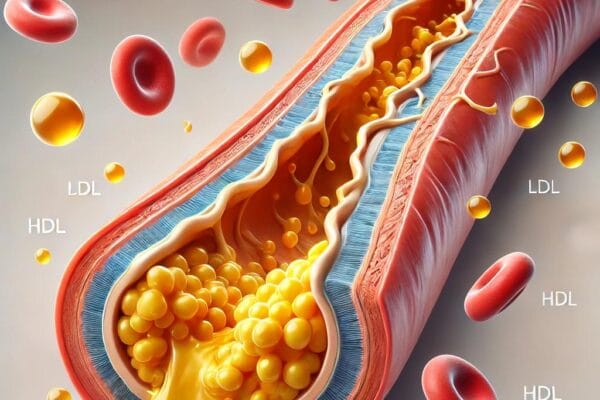
Cholesterol and Heart Health: Secrets to Managing the Good & Bad
Struggling to understand cholesterol and how it impacts your heart? We break down the good, the bad, and what you can do to manage cholesterol for better heart health. Dive into this comprehensive guide and start taking control of your heart health today!

